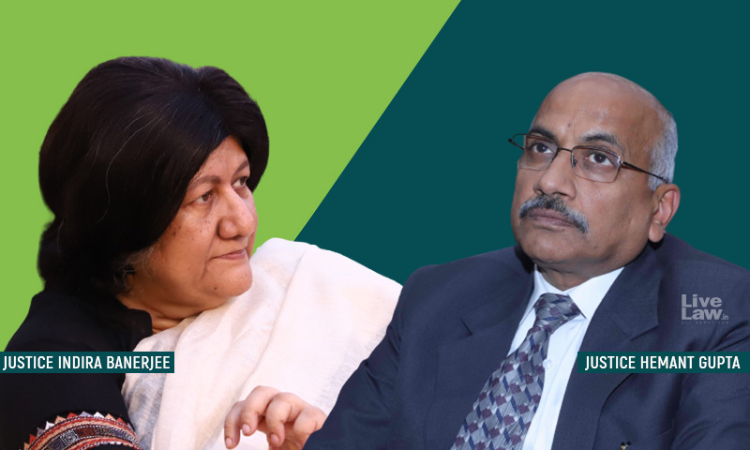Section 14 Limitation Act Applies To Application Under Section 7 IBC : Supreme Court
LIVELAW NEWS NETWORK
23 March 2021 7:43 PM IST

Next Story
23 March 2021 7:43 PM IST
The Supreme Court has held that in an application under Section 7 of the Insolvency and Bankruptcy Code, the applicant can claim the benefit of Section 14 of the Limitation Act, in respect of proceedings under the SARFAESI Act.Section 14 of the Limitation Act 1963 allows for exclusion from the limitation period the time spent litigating before wrong forum.A bench comprising Justices...
